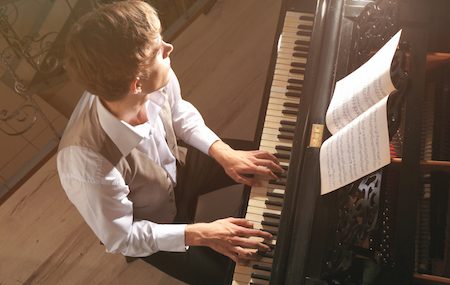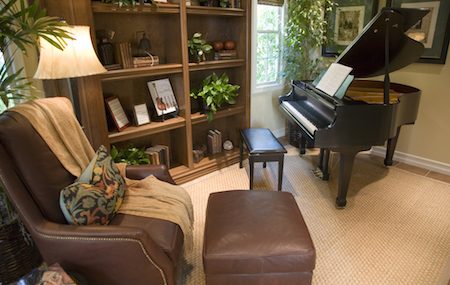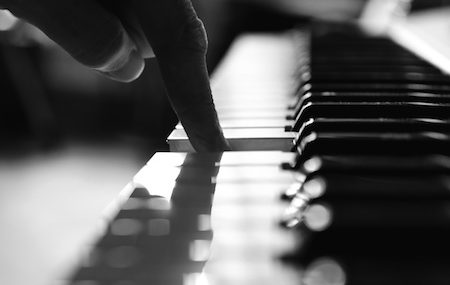You wanted your child to play the piano, and they’ve been doing well with it for months. You’re happy with their progress. But now, their instructor is telling you it’s time to upgrade your piano.
What does that mean? Why do you need to upgrade? Isn’t a piano a piano?
Let’s look at the number of reasons why upgrading might be a good idea.
Touch
A lot of parents are initially shocked at the price of a piano. Then they struggle with spending money on an instrument they aren’t sure their child will continue to play. So they invest in something inexpensive, often digital. Something they find at their favorite big box store, perhaps. While this may be good in the beginning, it can’t help your child learn the intricate details of playing the piano.
The biggest reason is because of touch. Traditional pianos have touch weight, which refers to the resistance the keys have when you press them down. This weight is designed to teach a person dynamic response. Over time, you learn to press into the keys with varying weight to receive different responses from the tonal quality of the music being played. If your piano doesn’t have that capability, you lose out learning this critical step.
Action
Pianos have thousands of parts, each put together in such a way to create sound. Over time, these parts can start to wear down, creating friction in the way they come together. Imagine if strings are loose or broken; the sound quality won’t be there. How can you play if the music being made isn’t right?
Size
The standard keyboard has 88 keys. Many digital pianos are built compact for size and flexibility. But without a full range of keys, at some point, a piano player simply can’t play what they desire.
Size also matters in the overall construction of the piano itself. If you’re received a piano from a friend, you might have an older, more compact size. Pianos were built for a variety of reasons, one for compact living space. Everything about the piano was reduced, including the size of the keys themselves. Again, it’s back to the feel of the piano. If your child wants to move forward with their musical talent, they have to understand how to get full depth from the instrument. And that’s simply not possible on all instruments.
Tone
Of course, tone is also a big reason to upgrade. Basic pianos will never sound as good as concert level pianos. Moving up improves the overall quality of the sound. If you want to hear the difference in piano tone, give us a call. We can share with you the differences, and help you make the right choice for your needs.











